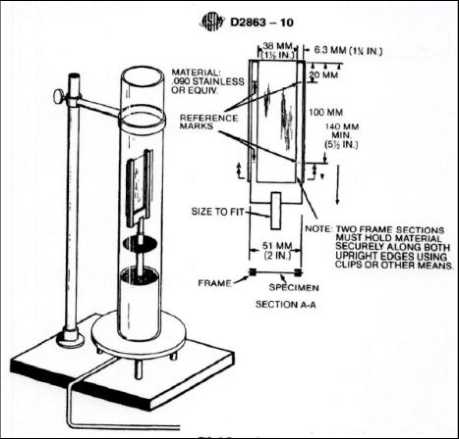- Qinsun Instruments Co., Ltd.
- Tell:+86-21-6780 0179
- Phone:+86-17740808215
- Address:No. 2578 Minhang District Gu Dai Road, Shanghai
- Contact:Mr. Li
- QQ:846490659
How to choose a density meter?

The basic principle of density meter measurement is to measure the degree of blackening of photosensitive materials after exposure and development, known as blackness. During plate making, the silver bromide on the photosensitive material is exposed to light and reduced to metallic silver after development, forming a certain degree of opacity. Black with high density; Black with low density. A measuring meter with a filter can also measure the color density of color manuscripts. Its measurement principle is similar to the above basic principles.
The sample state to be measured: whether it is solid, liquid, or both solid and liquid needs to be measured. Choose a solid density meter, liquid density meter, or dual-purpose density meter according to actual needs.
The characteristics of the sample can be divided into absorbent porous material products and non absorbent products. Generally, products with a water content of less than 2% are classified as non absorbent products. There are three measurement methods for absorbent porous material products. The first is a direct two-step measurement method, which involves replacing the measurement medium; The second is saturation method; Namely immersion saturation water method, immersion oil saturation method, boiling saturation method; The third method is surface covering, which includes wax sealing and surface coating with Vaseline. The replacement of measurement media is the main measurement method promoted by the Japanese industry, which can measure the density of powder at a faster speed and is simpler and more convenient than using the pyknometer method. Most non absorbent products are measured directly with pure water, but for products with blind holes or particles, the alcohol medium can also be replaced. However, alcohol has a volatilization effect, and the impact of changes in alcohol density after volatilization on the measurement results must be considered. Therefore, according to the characteristics of the sample, it is necessary to choose the corresponding specific gravity meter.
The selection of accuracy is generally divided into one thousandth (0.001 g/cubic centimeter) and one thousandth (0.0001 g/cubic centimeter). These two instinctively satisfy most density tests. The accuracy of density meters is extremely important. Domestic ones are generally cheaper and more affordable, but the calibration accuracy still differs from the actual measurement accuracy. We recommend using the DahoMeter brand density meter.
For general quality control density testing in industries such as rubber, plastic, wires and cables, electrical appliances, sports equipment, tires, and glass products, we recommend using the DH-300 economical and practical density meter, or choosing a solid-liquid dual-use density meter. If the product is lightweight and requires material research and high-precision testing, we recommend using high-precision density meters.
Due to the relatively high density values in industries such as metal products, hard alloys, powder metallurgy, magnetic materials, and precision ceramics, we recommend using high-precision density meters for testing.





